【FOCUS】Promote Equal Housing Accessibility
In spite of social status, nationality and race, it’s a common human desire to find a safe and permanent settlement. However, there are still many vulnerable groups in today's world, who are homeless and destitute. Giving people in need a secure roof over their heads is a significant part of urban governance as well as the basic requirement to realize the sustainable development goals of the United Nations. Many innovative practices with humanism have been carried out in cities all over the world. This week's IN FOUCUS will introduce five cases of cities that actively deal with housing issues.
Newcastle,England
Homelessness Prevention
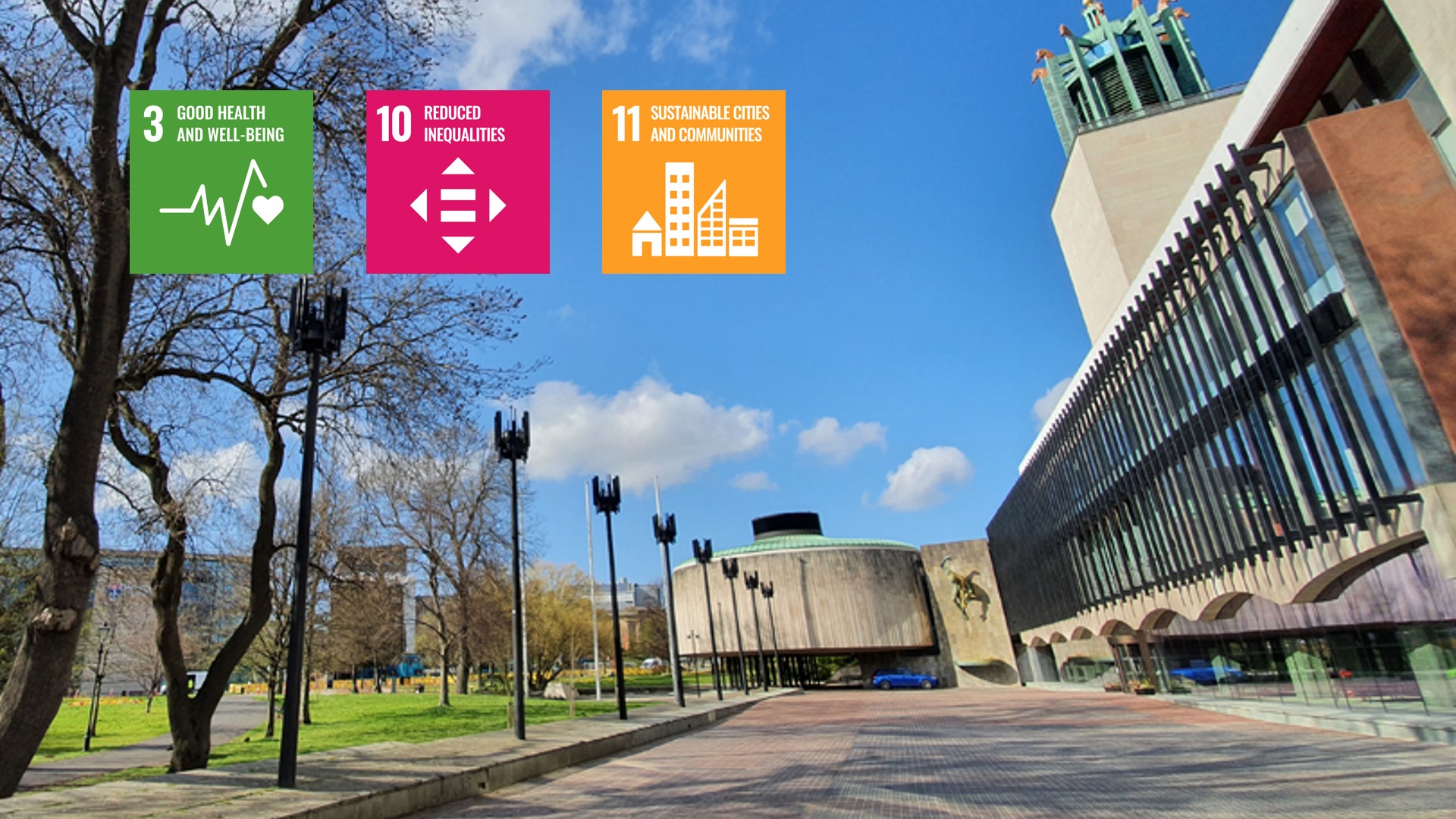
Newcastle, is the most populous city and metropolitan borough in North East England. However, it has long-standing issues of poverty. Almost one in four population here lives in areas that are among the most deprived in the UK. Moreover, Newcastle has also been among the worst impacted by national government welfare reductions. In response to severe budget cuts and increasing poverty on the most vulnerable households who may in the future be at risk of losing their home, Newcastle City Council developed a citywide homelessness prevention approach.
The homelessness prevention work is implemented in three steps. Firstly, non-housing related multi-agency staff focus on identify and respond to at-risk residents with whom they come into contact. Secondly, specialists provide information, advice on key issues such as housing, debt and welfare. Thirdly, the council searches for residents experiencing crisis, providing emergency accommodation to them. This is a pre-crisis rather than post-crisis measure.
More info:
Phnom Penh,Cambodia
Tackling Unsafe Homes in Informal Settlements
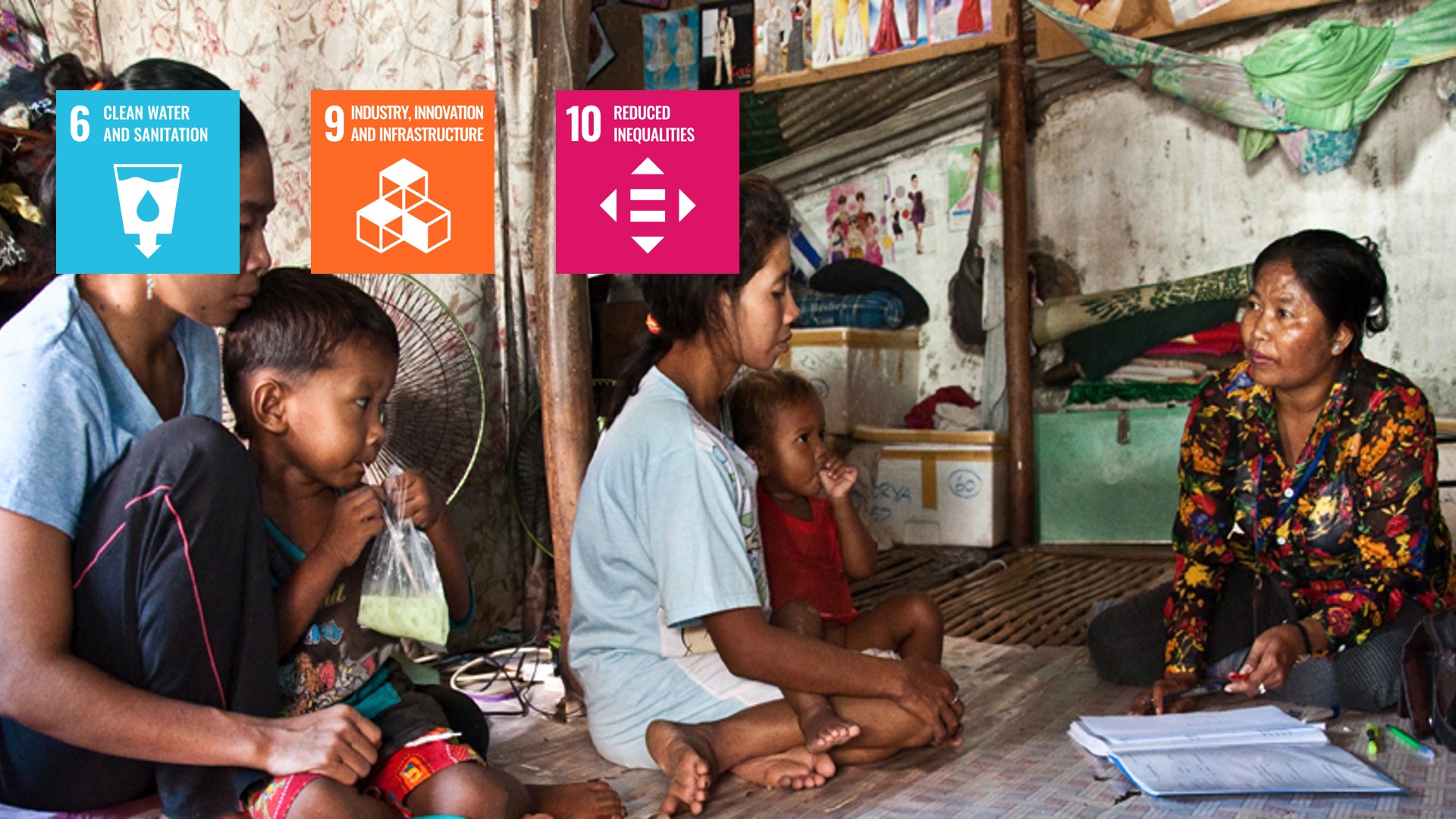
Many informal settlements are vulnerable to flooding and building collapse or are in areas severely affected by drought, fire, storm or erosion in Phnom Penh, Cambodia.Planète Enfants & Développment (PE&D) launched the Habitat and Living Conditions Improvement in Poor Communities Project in Phnom Penh, aiming to support residents in informal settlements by improving dangerous houses, developing community organization, and delivering family support related to domestic violence.
PE&D works closely with local NGOs and the city government, meeting local authorities at least every six months.The project strengthens communities’ capacity to improve their living conditions, while also pushing for land rights and calling on the government to recognize the right to housing.
More info:
Amsterdam,Netherlands
Discus Housing First Project
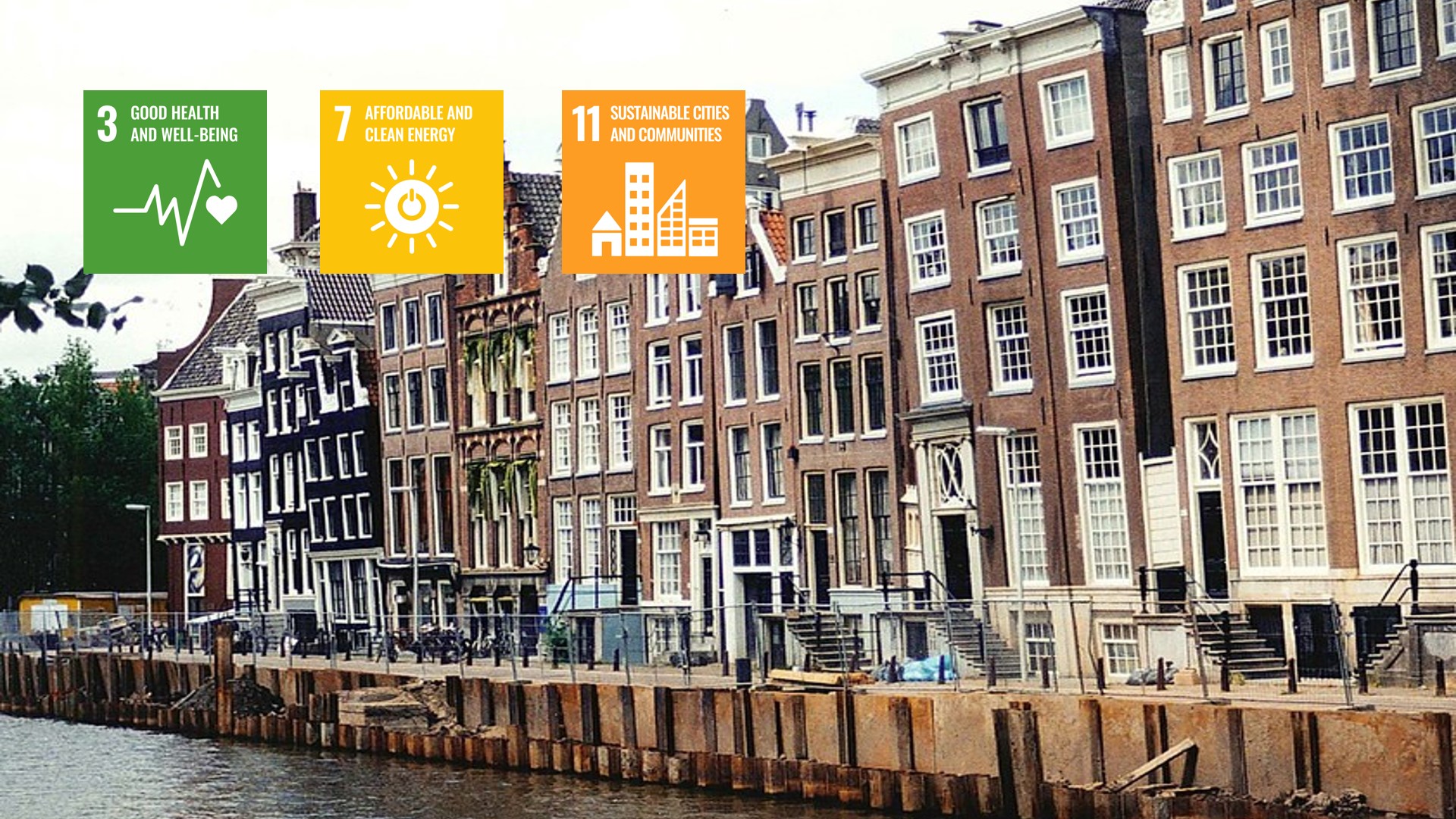
Cities across Europe are facing a severe homelessness problem. Discus rents apartments to homeless people and supports them to adjust and rebuild their lives. Discus Housing First is based on the American model of Housing First, having adapted and developed the ‘strength-based, client-led’ approach.This puts the clients in control and focus on their strengths. Clients are in complete control of the process, allowing them to make fundamental decisions, including the home’s location and the type of support they receive. Clients also choose their caseworkers to help them to maintain their home, and have other support, including psychological and social rehabilitation.
The Discus programme is funded by the municipality of Amsterdam, and it’s adopted as an official homelessness policy in 2017. The method has also been implemented in dozens of other European cities, helping to transform the way homelessness is tackled across the Netherlands and beyond.
More info:
https://use.metropolis.org/case-studies/discus-housing-first
Kuala Lumpur,Malaysia
RUMAWIP:Initiative of Affordable Housing Policy
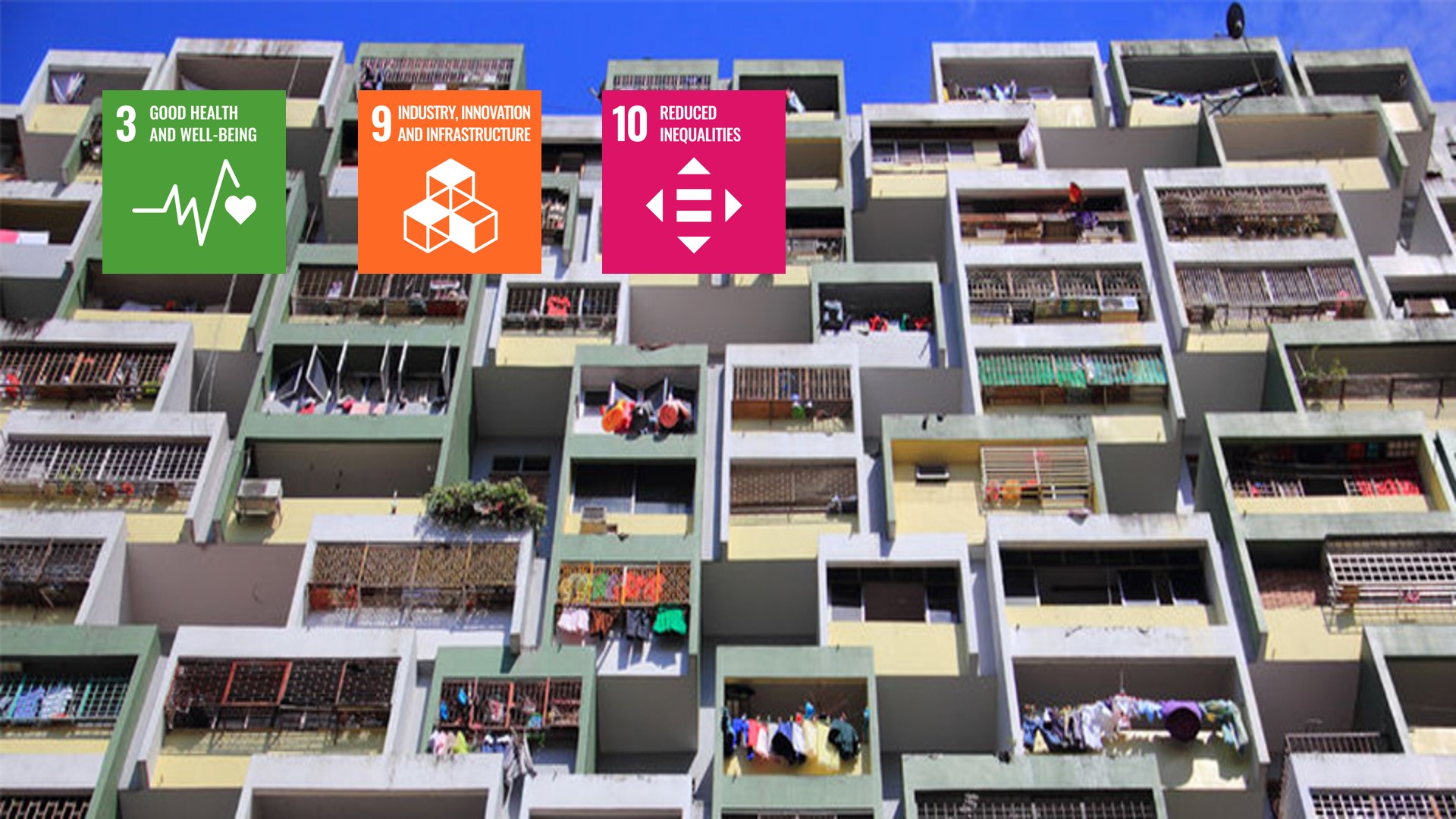
RUMAWIP (Rumah Mampu Milik Wilayah Persekutan) is an initiative of Kuala Lumpur City Hall (KLCH) to help low and middle-income groups buy their first home.RUMAWIP offers three categories of affordable housing: studio or one room, two rooms and three rooms with strata title ownership. RUMAWIP units sell below the market price. They can have facilities such as a swimming pools, gymnasiums and playgrounds with easy accessibility. A ten-year moratorium is imposed where the purchased house cannot be transferred or sold to a new owner without the government’s permission.
Through a cross-subsidy model, KLCH encourages the participation of the private sector in pursuing affordable housing through an exemption of charges. The regulated mixed development concept created by KLCH adds verve in developing affordable housing in the city, and continuous support from the private sector has greatly contributed to the success of the initiative.
More info:
https://use.metropolis.org/case-studies/rumawip
Budapest, Hungary
Developing and Operating Social Housing Programmes
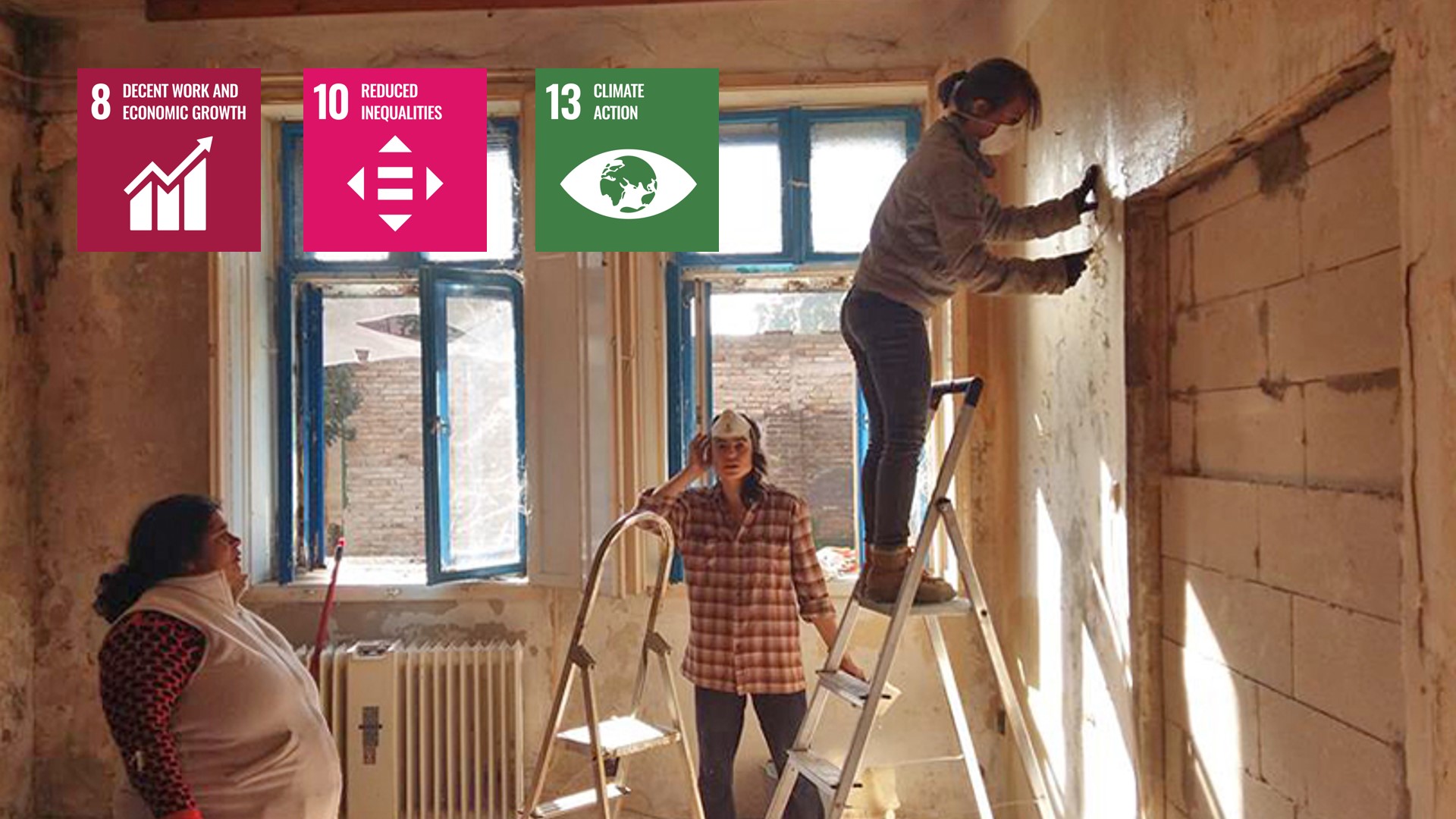
Developing and Operating Social Housing and Social Care Programmes in Budapest is a housing renovation, employment support and housing rights advocacy project that delivers permanent, affordable rental homes for homeless and low-income people. The project supports them in developing the skills necessary to live stable and independent lives, and, ultimately, to integrate into wider society.
The project works with partners, volunteers and future tenants in bringing empty properties and plots of land back into use as affordable rental housing for homeless people and those on low incomes. It draws inspiration from the ‘Housing First’ model first developed in the United States, integrating housing with social support for tenants with a view to helping them be self-reliant and independent.This is also an environmental-friendly project, as the project brings empty buildings back into use. They utilize donated building materials, second-hand tools and construction equipment. The renovations are simple and low cost.
More info:
Originally published on use: urban sustainability exchange. use is an open knowledge exchange platform dedicated to sustainable city making.
Visit use: https://use.metropolis.org/


 In Focus | World Cities Day: People-Centred Smart Cities
In Focus | World Cities Day: People-Centred Smart Cities City Stories | Fostering community resilience: A lifeline for the Central African Republic
City Stories | Fostering community resilience: A lifeline for the Central African Republic In Focus | Innovative Education, Empowering Futures
In Focus | Innovative Education, Empowering Futures




















 Tel: +86 020 3780 4434
Tel: +86 020 3780 4434 Email: info@guangzhouaward.org
Email: info@guangzhouaward.org Adress: Unit 01-7, 28th Floor, No. 7, Chunrong 3rd Road, Tianhe District, Guangzhou, Guangdong, 510000, PRC
Adress: Unit 01-7, 28th Floor, No. 7, Chunrong 3rd Road, Tianhe District, Guangzhou, Guangdong, 510000, PRC




